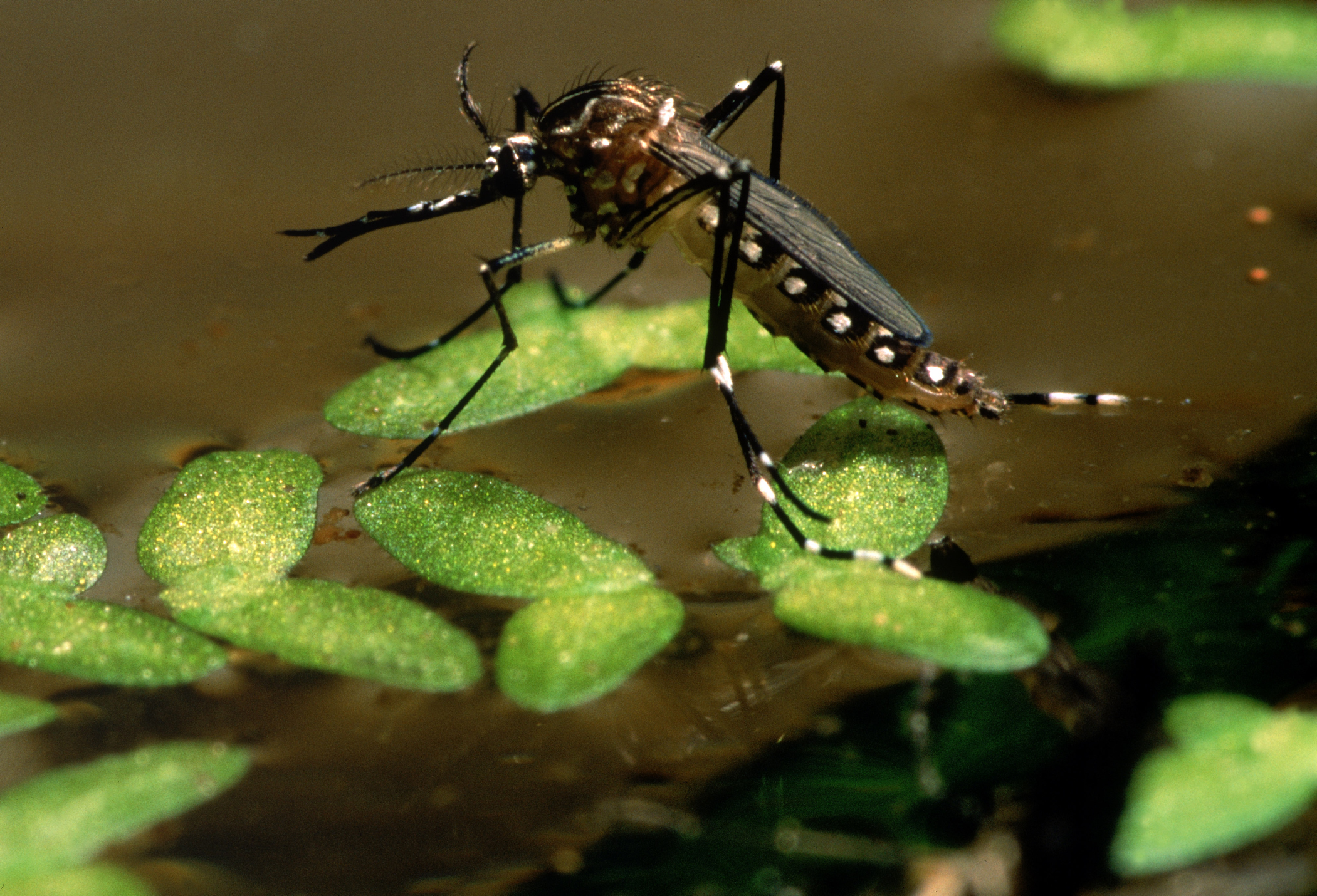
Mosquito season is just around the corner, which means the U.S. and other countries are ramping up mosquito control in an attempt to contain the rapidly spreading Zika virus.
But as TIME recently reported in our cover story, authorities still expect the U.S. to see some locally transmitted cases of the virus this summer. One challenge is that it can be difficult to track the exact number of people infected with Zika, because the symptoms are similar to other diseases—and the vast majority of those who are infected don’t show any symptoms at all.
For those who do develop symptoms, the most common ones that characterize a Zika infection are red eyes, joint pain, rash and fever. If a person has a rash with or without a fever and another one of the four symptoms, that is considered a probable case of Zika. Still, there are other ailments that can cause similar symptoms, like the flu or other mosquito-borne illnesses like dengue.
Right now, the people at risk of getting infected are those who travel to one of the over 40 countries with ongoing Zika virus transmission. Should a person start having symptoms of the virus within two weeks of traveling to an affected region, it may be a good idea to see a doctor and determine whether to be tested. All pregnant women who travel to regions with Zika should be tested regardless of whether they have symptoms, health experts advise. Pregnant women are especially vulnerable since Zika is now proven to cause microcephaly, a birth defect, in infants. Partners of pregnant women should also be aware that the virus can be sexually transmitted, which is why health officials are advising men to abstain or use contraception for six months if they have been exposed and don’t want to pass it on. Women who may have been exposed should wait at least eight weeks before trying to get pregnant.
Currently, only state and federal laboratories can test for the virus and sometimes results can take weeks to get back. You can read more about whether you should be tested here.
Read more: 10 Zika Facts You Need to Know Now
Travelers who return from a place where they may have been bitten by a mosquito carrying Zika, but do not have symptoms, can ask their doctor to be tested, but they will likely be low priority. Typically if a person does get sick, the symptoms will last for several days to a week.
More Must-Reads from TIME
- Donald Trump Is TIME's 2024 Person of the Year
- Why We Chose Trump as Person of the Year
- Is Intermittent Fasting Good or Bad for You?
- The 100 Must-Read Books of 2024
- The 20 Best Christmas TV Episodes
- Column: If Optimism Feels Ridiculous Now, Try Hope
- The Future of Climate Action Is Trade Policy
- Merle Bombardieri Is Helping People Make the Baby Decision
Contact us at letters@time.com